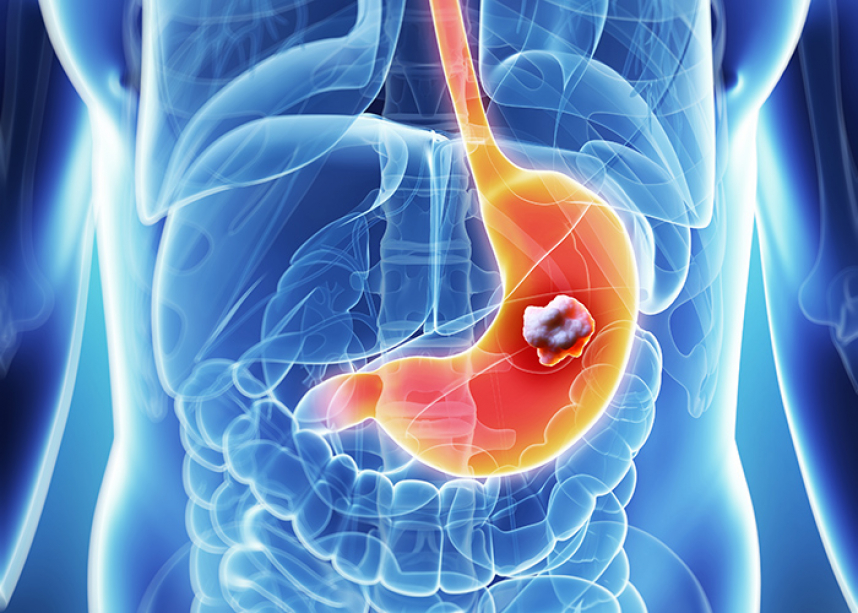
Analysis of bacteria in a simple oral rinse could allow early detection of gastric cancer or even signal warnings before the disease develops, according to findings from a new study.
Researchers analyzed bacteria samples from the mouths of 98 patients scheduled for endoscopy, including 30 known to have gastric cancer, 30 with pre-malignant gastric conditions, and 38 healthy volunteers.
They saw distinct differences between the bacteria assortment, or microbiome, in oral rinse samples from the healthy group versus the cancerous and pre-cancerous patients, according to the study details released on Thursday (9/5/24) and scheduled for presentation on May 20 at the Digestive Disease Week meeting in Washington, D.C.
There was very little difference, however, between the bacteria from pre-malignant patients and from those with cancer, suggesting that alterations in the microbiome may begin as soon as the stomach starts to undergo changes that can eventually turn into cancer.
Based on their findings, the authors developed a model of the 13 bacterial groups representing the most significant differences between controls and the cancer and pre-cancerous patients. They plan to conduct larger studies.
“No formal screening guidelines for gastric cancer are available in the United States, and more than half of patients with gastric cancer receive a diagnosis when the cancer is already at an advanced stage,” study leader Dr. Shruthi Reddy Perati of Rutgers Robert Wood Johnson Medical School in New Brunswick, New Jersey said in a statement.
“The ideal time to try to prevent cancer is when it’s just about to turn into cancer,” Perati added. “As a screening and prevention tool, this has enormous potential.”